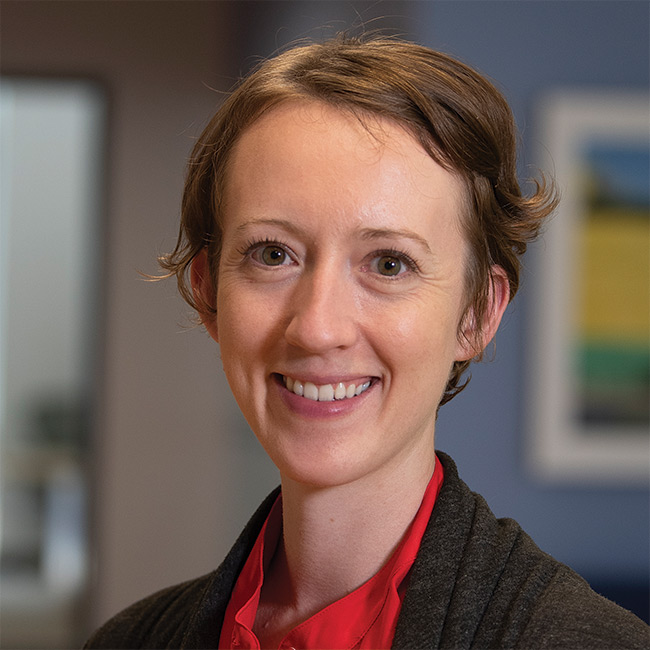Expertise
Epidemiology • outbreak science • disease modeling


Dr. Rivers is a Senior Scholar at the Johns Hopkins Center for Health Security and an Assistant Professor in the Department of Environmental Health and Engineering at the Johns Hopkins Bloomberg School of Public Health. Her research focuses on improving outbreak preparedness and response through the use of modeling and forecasting, data standards and data sharing, and public health policy.
Prior to joining the Center, Dr. Rivers worked for 2 years as a civilian epidemiologist at the Army Public Health Center, where she served concurrently as Branch Chief in the Disease Epidemiology Division, Chief Epidemiologist of the Health of the Force surveillance report product line, and Program Manager of the Acute Respiratory Disease Program. In those roles, Dr. Rivers worked with a team tasked with monitoring the health of army soldiers and their families. During that time Dr. Rivers also participated in a National Science and Technology Council interagency working group aimed at bringing pandemic prediction and forecasting in capabilities into the federal government.
Dr. Rivers earned her BA in anthropology at the University of New Hampshire, with a focus on medical anthropology. She went on to pursue an MPH in infectious disease, which she earned while concurrently studying for a PhD in genetics, bioinformatics, and computational biology, with a specialization in computational epidemiology. During her doctoral studies, Dr. Rivers was awarded a Department of Defense Science, Mathematics and Research for Transformation Scholarship, which allowed her to join the federal government upon graduation in 2015. She was also awarded an Emerging Leaders in Biosecurity Fellowship through the Center for Health Security in 2015.